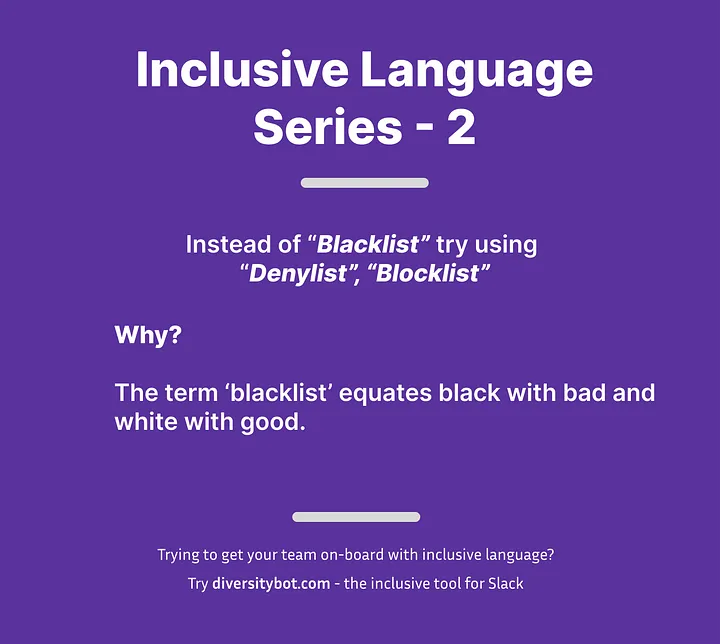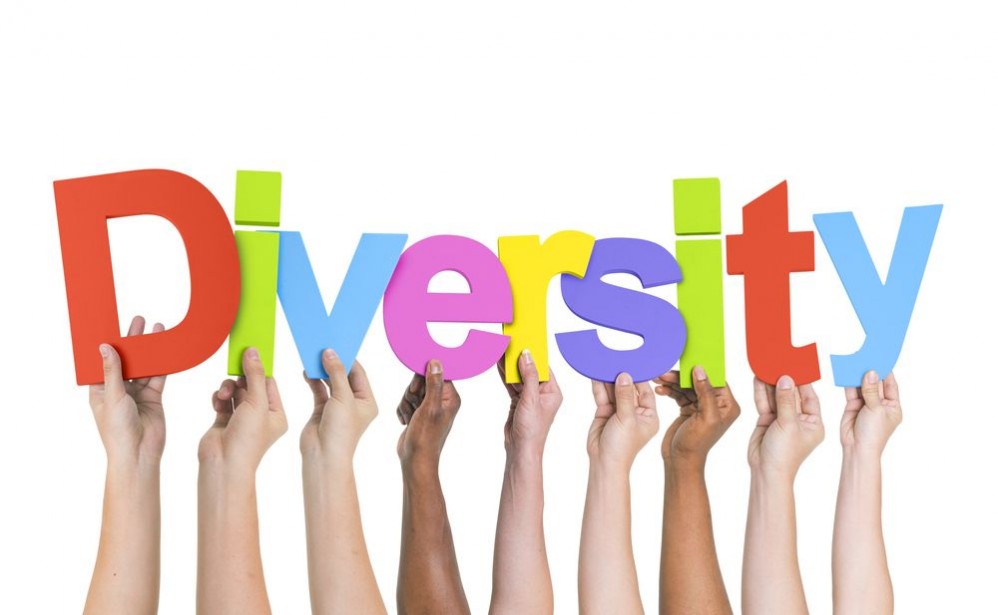Language evolves, and once commonplace words can become outdated or take on new offensive meanings that make them problematic to use. One such term that needs to be retired from our vocabulary is “blacklist.”
The concept of a blacklist refers to a list of people, companies, or things that are being boycotted, banned, censored or denied privileges. While the intent is not directly racist, the implications and imagery of the word “blacklist” are deeply problematic.
By equating the color black with something being bad, forbidden, or undesirable, it plays into the racist stereotype that blackness itself is negative or threatening. This negative association with blackness contrasted against “whitelisting” something as acceptable perpetuates racist thought patterns of white being good and black being bad.
The terms originated in the 1600s when those accused of supporting a rebellion against English colonizers were written on lists that came to be known as blacklists. From there, the racist undertones stuck, with blacklists being used to bar entry to certain groups or deny employment based on race, ethnicity, or political affiliations.

In the modern era, we’ve simply grown accustomed to using the phrase without considering its derogatory origins and implications. But that doesn’t make it any less harmful, especially against the backdrop of systemic racism that still pervades our society. Even if the racist usage isn’t intentional, the negative linguistic association of blackness with being undesirable can reinforce unconscious biases.
There’s also a separate but related issue with the terms “whitelist” and “blacklist.” Framing things in such a binary, zero-sum way, it sets up an “us vs them” dichotomy that does nothing to bring people together and overcome divisions, racial or otherwise.
It’s time for these outdated, harmful terms to go. Many leading organizations have already updated their language, like Apple’s shift to using “denylist” and “allowlist.” Those are certainly improvements over the old phrasing, though not as intuitive as simply using “blocked” and “permitted.”
Others use “blocklist” and “allowlist” or simply refer to “banned” and “approved” entities. There are plenty of alternative neutral options that don’t carry the same racist undertones and that we can adapt our language to.
Some may argue that the original meanings of these terms have been lost and most people don’t perceive them as racist anymore. But that misses the point. By continuing to use language that has been rooted in racism and discrimination, even unconsciously, we allow those ways of thinking to persist.
Our words hold immense power to shape ideas and norms. As a society, we have a responsibility to be aware of the impact of the language we use and to remove harmful prejudices from our everyday speech. Retiring the term “blacklist” is a simple step we can all take toward building a more equitable, inclusive world.


